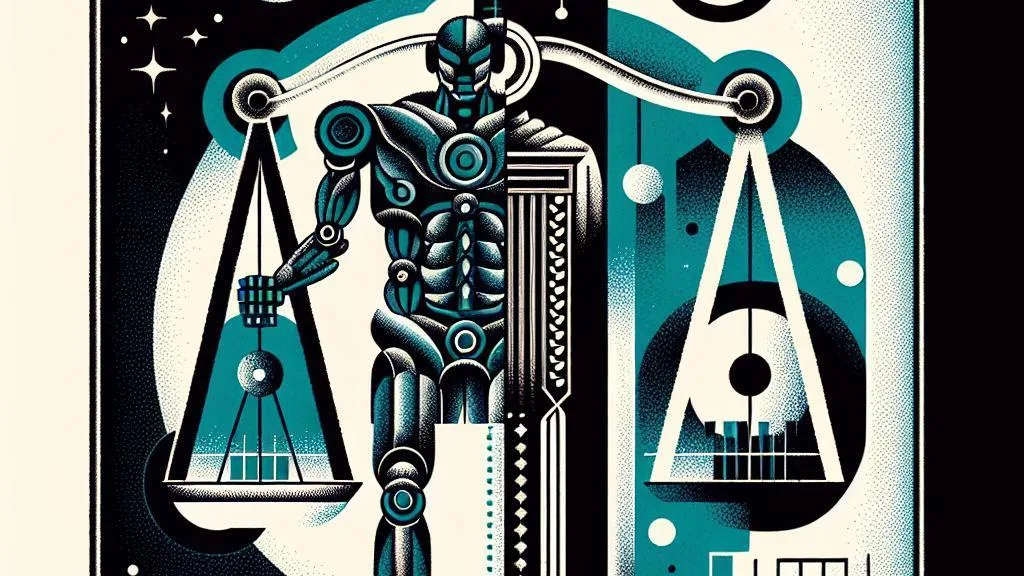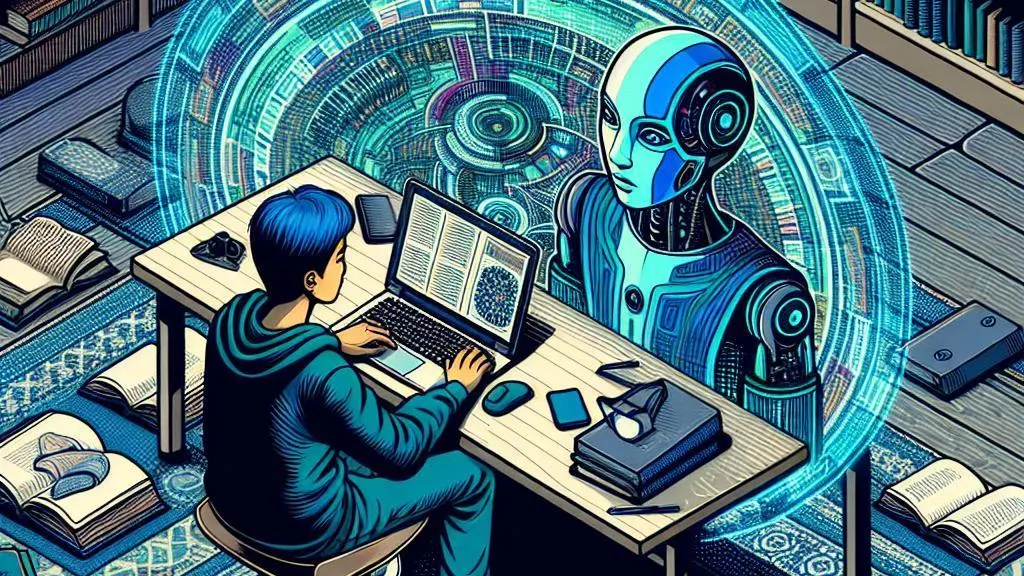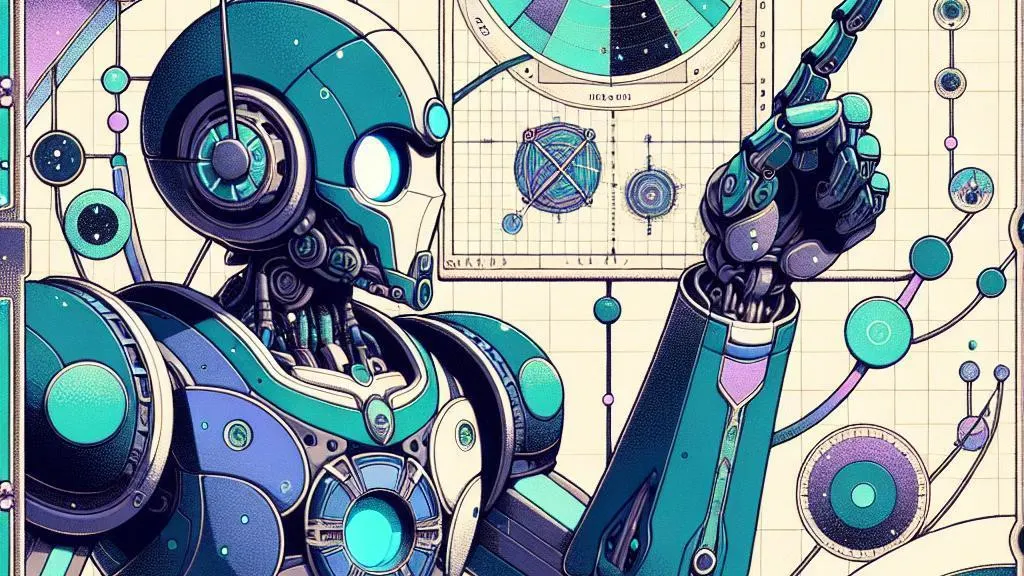How can you use ChatGPT to help you study, is it the ultimate tutor?
ChatGPT is a state-of-the-art language model developed by OpenAI that can engage in human-like …

AI has made significant strides in various industries in recent years, and the world of copywriting and content creation is no exception. As AI-powered tools become more sophisticated and accessible, many businesses and individuals are questioning the role of human copywriters in the future. Will AI replace the need for human creativity and expertise in crafting compelling content? In this blog post, we will explore AI's current state in copywriting, its challenges and limitations, and why human copywriters remain essential in the age of AI.
AI has already made its mark in the world of copywriting, with numerous tools and technologies available to automate and streamline the content creation process. One such example is automated content generation, where AI algorithms analyse vast amounts of data to produce articles, product descriptions, and other types of content. These tools can save time and resources by quickly generating content based on predefined templates and rules.
Another area where AI has made significant progress is natural language processing (NLP). NLP enables machines to understand, interpret, and generate human language, making it possible for AI to interact with users more naturally and effectively. This technology has been applied to various aspects of copywriting, such as sentiment analysis, keyword optimisation, and even chatbots that can engage with customers and provide personalised responses.
However, despite these advancements, AI still faces significant limitations and challenges when creating high-quality, engaging content. One major limitation is the lack of human creativity and originality. While AI can analyse and mimic existing content, it struggles to generate genuinely new and innovative ideas. Additionally, AI-generated content often follows a redundant and repetitive format that readers can easily recognise, lacking the authenticity and unique voice that human copywriters bring.

The rise of AI has impacted the creation of content and how it is discovered and ranked by search engines. Google's RankBrain, for example, is an AI-powered search algorithm that uses machine learning to understand user intent better and deliver more relevant search results. This shift towards AI-driven search engines has significant implications for copywriters and content creators.
To optimise content for AI search engines, copywriters must focus on creating high-quality, informative, and engaging content that meets their target audience's needs and expectations. This involves conducting thorough keyword research, understanding user intent, and structuring content in a way that is easily digestible by both humans and machines. While traditional SEO techniques, such as keyword stuffing and link manipulation, may have worked in the past, they are becoming less effective in the age of AI search engines.
Despite the advancements in AI technology, human copywriters remain essential for creating engaging content. One of their strengths is their ability to inject creativity, empathy, and cultural understanding into their work. These unique human qualities allow copywriters to craft content that resonates with readers on a deeper level, forging emotional connections and building trust.
Creativity is a fundamental aspect of copywriting that AI struggles to replicate. Human copywriters can draw upon their experiences, perspectives, and imagination to create fresh, original content that stands out in a sea of generic, AI-generated material. They can also adapt their writing style and tone to suit different audiences and platforms, ensuring that the content is tailored to each target group's specific needs and preferences.
Empathy is another crucial skill that sets human copywriters apart from AI. By putting themselves in the shoes of their readers, copywriters can anticipate their needs, desires, and pain points, creating content that addresses these issues and offers genuine value. This level of understanding and connection is difficult for AI to achieve, as it cannot grasp the complexities of human emotions and experiences.
Furthermore, human copywriters bring a deep understanding of cultural nuances and context to their work. They can navigate sensitive topics, avoid offensive or inappropriate language, and ensure that the content aligns with the values and beliefs of the target audience. This cultural awareness is important in an increasingly globalised and diverse world, where businesses must communicate effectively with customers from various backgrounds and perspectives.

While AI may not replace human copywriters entirely, the future of copywriting clearly lies in collaboration between humans and machines. By leveraging the strengths of both AI and human copywriters, businesses can create even better content that engages audiences and drives results.
One way in which AI can augment human copywriting is by assisting with research and data analysis. AI tools can quickly gather and process vast amounts of information, providing copywriters with valuable insights into market trends, customer preferences, and competitive landscapes. This data-driven approach can help copywriters make more informed decisions about the content they create, ensuring that it is relevant, timely, and effective.
AI can also help copywriters streamline their workflow by automating repetitive tasks, such as grammar and spelling checks, optimisation, and even essential content generation. By freeing up time and mental energy, AI can allow copywriters to focus on their work's more creative and strategic aspects, such as developing unique angles, crafting compelling narratives, and building relationships with their audience.
However, it is important to recognise that AI should be viewed as a tool to support and enhance human copywriting rather than replace it. Copywriters must learn to embrace AI and adapt their skills to work alongside these technologies rather than fearing them as a livelihood threat. By staying up-to-date with the latest AI tools and trends, copywriters can position themselves as valuable assets in the age of AI, combining their human creativity and expertise with the efficiency and insights machines provide.
In conclusion, while AI has made significant strides in copywriting and content creation, human copywriters are essential for crafting engaging and effective content. AI excels at analysing data and generating basic content quickly. Still, it lacks the human creativity, empathy, and cultural understanding crucial for creating content that resonates with readers on a deeper level.
As AI search engines continue to evolve, copywriters must adapt their strategies to focus on creating high-quality, informative, and engaging content that meets the needs and expectations of their target audience. By embracing AI's potential and leveraging its strengths while acknowledging the unique value that human copywriters bring to the table, businesses can create even better content that drives results.
The future of copywriting lies in the collaboration between humans and machines, with AI augmenting and supporting the work of human copywriters rather than replacing them entirely. By staying informed, adaptable, and committed to their craft, copywriters can navigate the age of AI and continue to play a vital role in content creation.
Some other posts you may like

How can you use ChatGPT to help you study, is it the ultimate tutor?
ChatGPT is a state-of-the-art language model developed by OpenAI that can engage in human-like …
June 20, 2024
Read More
How can artificial intelligence be used to improve digital marketing strategies?
Artificial intelligence (AI) has revolutionised the field of digital marketing, offering businesses new ways …
June 20, 2024
Read More